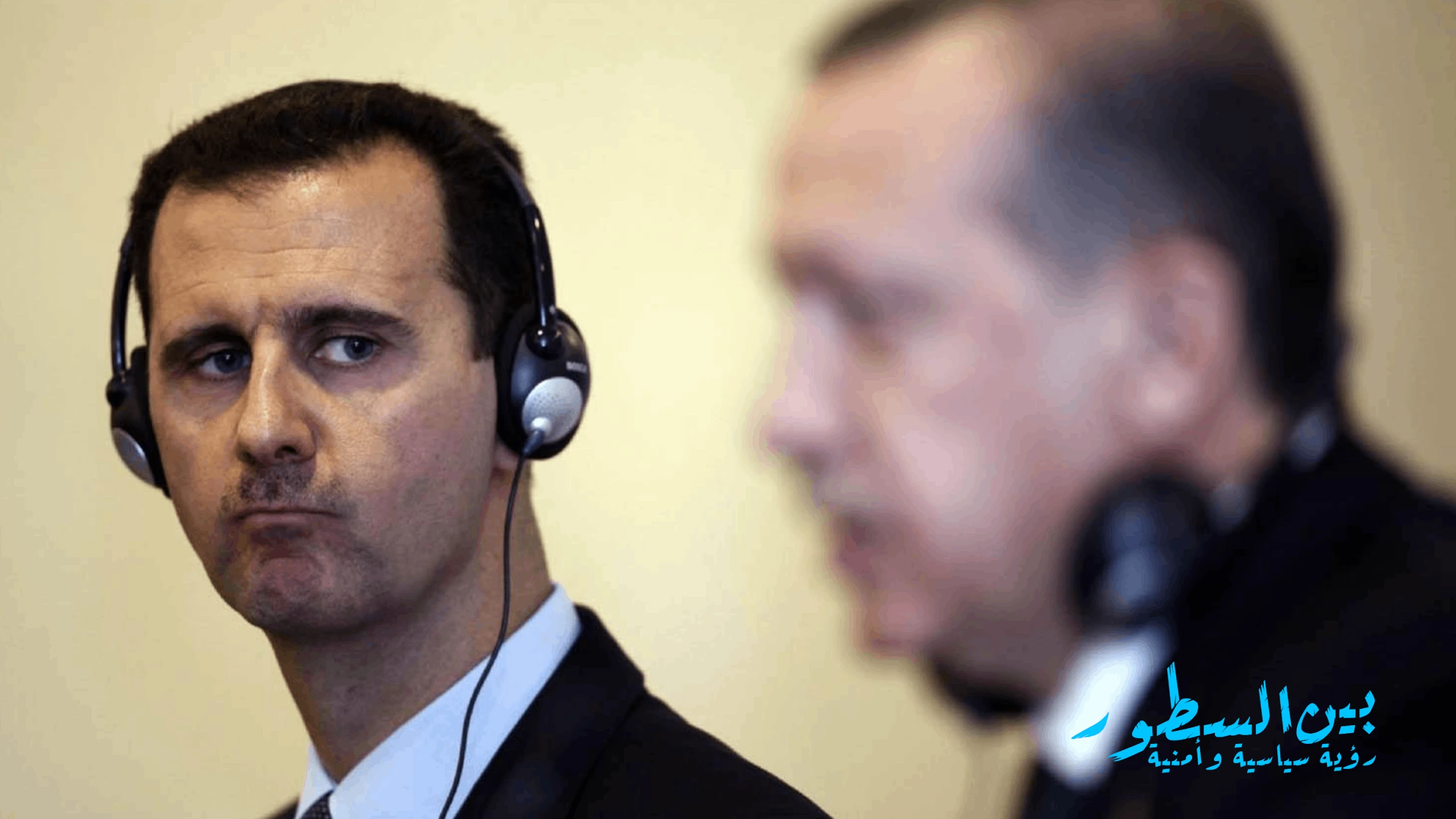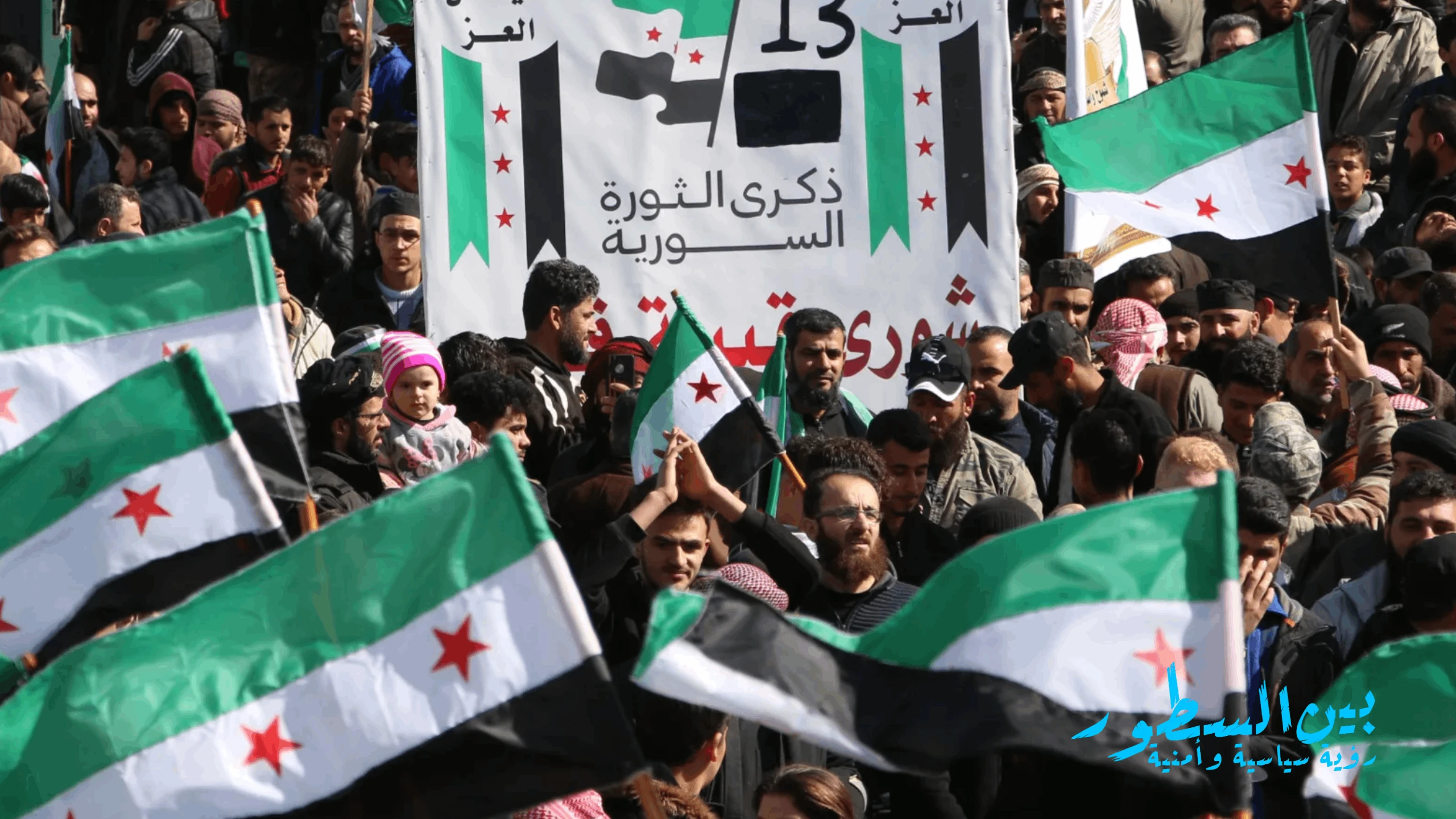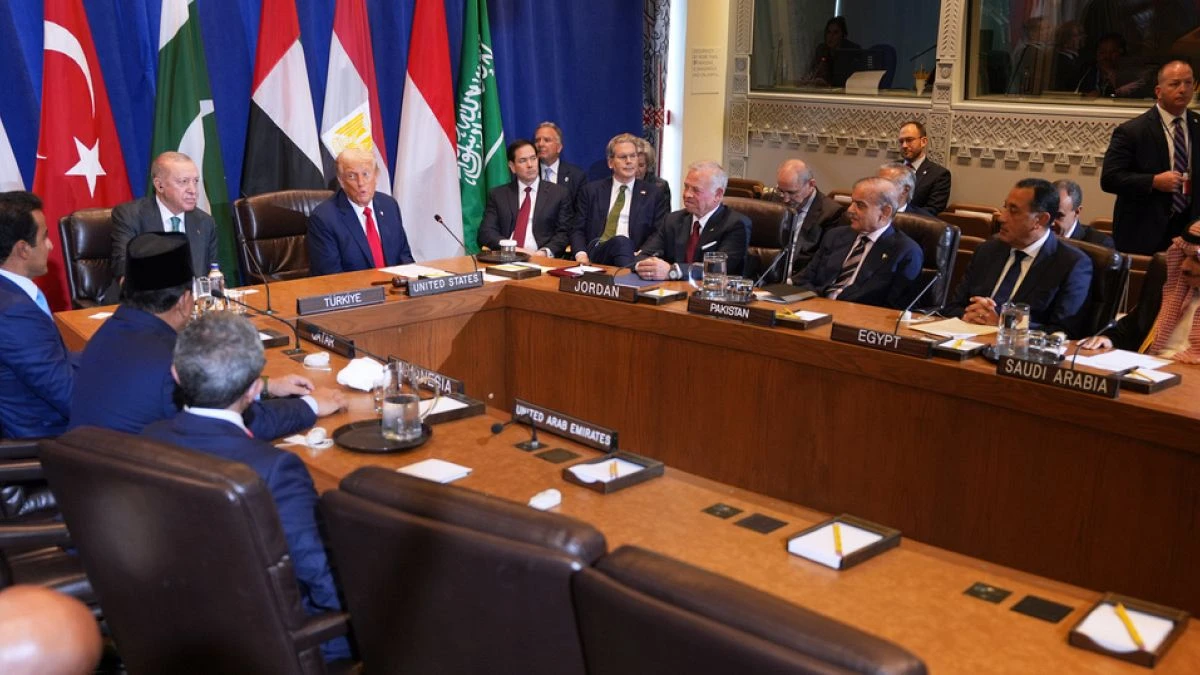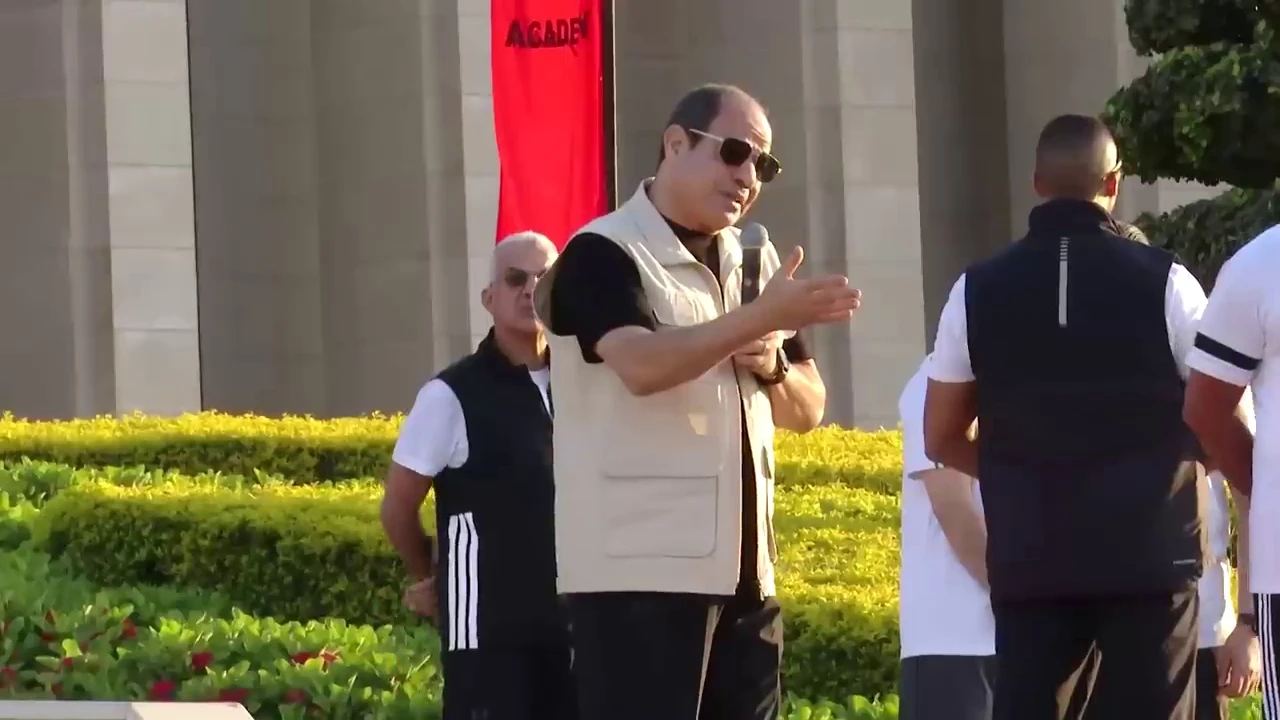Why Is Everyone Rushing to Normalize Relations with Assad? An Analysis of International Power Dynamics in Syria
This is an AI-generated English translation. The original text is in Arabic.
Syria occupies a strategically and militarily significant position when discussing any anticipated battle between Israel and Hezbollah, especially following the brutal assassinations recently carried out by the Israeli army against military commander Fouad Shukr and Hamas political bureau chief Ismail Haniyeh. Syria represents the only land route connecting Iran and its allied factions in Lebanon, potentially extending into Palestinian territories, making it a crucial supply line and a major military link, in addition to being a gateway for direct Iranian threats to the Gulf states in coordination with southern Iraq.
For Israel, the extension of the Syrian border with it in the occupied Golan Heights makes Damascus's positioning in the upcoming war a decisive factor: it could either be a lifeline for Tel Aviv or a reason for it to suffer severe losses if Syria decides to align with Iran.
Europe Attempts to Reintegrate Assad into Political Life
A month ago, eight European foreign ministers (from Greece, Austria, Croatia, Cyprus, the Czech Republic, Italy, Slovakia, and Slovenia) met to review relations with the Syrian regime and discuss humanitarian cooperation and reconstruction efforts. They proposed sending a permanent European envoy to Damascus as a point of contact with the regime. Italy has translated this approach into a decision to reopen its embassy in Syria.
This path reflects a Western trend to grant Assad new international legitimacy in exchange for aligning with Europe and America, or at least neutralizing him from any upcoming war with Israel. Even after the relative retreat from the embassy step, the idea of a European envoy remains on the table.
Turkey's Attempt to Reconnect via Damascus
In recent months, Ankara has begun publicly discussing re-establishing communication with Damascus, with the Turkish foreign minister stating several times the country's intention to normalize relations with the regime. Ankara has sent reassuring messages that it could protect him from any attacks in the event of a Lebanese-Israeli war. Hakan Fidan hinted that Turkey might stop supporting the opposition if it reaches an agreement with Assad regarding dealings with Kurdish factions, especially in light of American indications of a withdrawal from northern Syria, which opens the door for a joint military operation.
Iran Will Not Easily Concede
Over the 12 years of conflict, Iran and Hezbollah have been the backbone of Assad's survival in power, with the party paying a heavy price in the blood of its soldiers in defense of him. It is unlikely that Tehran will easily accept Western attempts to woo Assad. This was recently evident in the official Damascus speech following the events in Majdal Shams, where the foreign minister described what happened as "an Israeli attempt to expand aggression in the region," in a tone that reveals the extent of Iranian influence on Syrian decision-making.
The Gulf and the Rehabilitation of Assad
Following the UAE's initiative in 2018, Saudi Arabia and then Kuwait reopened their embassies in Damascus, indicating a Gulf effort to reintegrate Assad into the Arab fold. These steps are seen as part of an indirect American move through its Gulf allies, aimed at neutralizing Damascus or drawing it away from Tehran. In return, it seems that Gulf states are also trying to protect themselves by providing financial support to the regime, fearing an Iranian backlash if Assad remains aligned with Tehran.
Russia as the Biggest Winner
Russia views all these movements through the lens of being a "winner in all cases." It has solidified its military presence in Syria through the Hmeimim base and holds an undeniable influence over the regime. If Assad turns westward, these countries will be forced to negotiate with Moscow to avoid its reactions, especially given its strong ties with Iran and the possibility of signing a mutual defense agreement with it. If Assad remains within the Iranian axis, the West will also have to negotiate with Moscow to regulate Syrian behavior in exchange for concessions on the Ukrainian file.
Expected Alliances
The future scenarios can be summarized into three main possibilities:
-
Syria â Iran â Russia Alliance: Continuation of the status quo and possibly its escalation if a Lebanese-Israeli war breaks out.
-
Syria â Western Alliance: Damascus receiving Arab and Western financial support, but at the cost of facing the threat of Iranian retaliation from within the regime, which could even threaten Assad's or his family's lives.
-
Alliance with Turkey: A scenario that grants Assad political and economic support, keeping him in a semi-neutral position, acceptable to the West and Russia, though not entirely satisfactory to Iran.
Conclusion
Assad stands today at a critical crossroads. Any mistake in choice could cost him dearly, while the right decision could transform him from a "pariah president" into a reliable international ally, with the possibility of passing power to his family later if Moscow and Tehran allow it.








